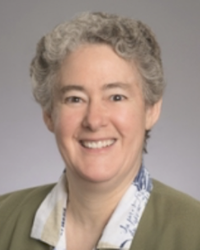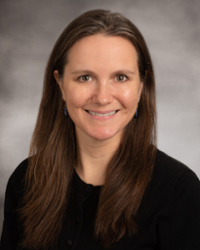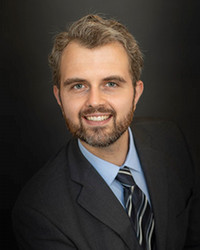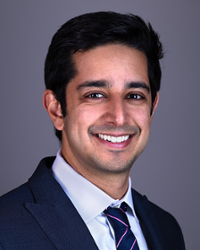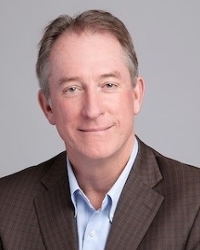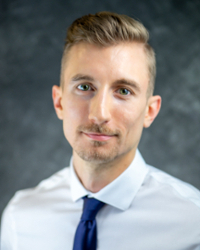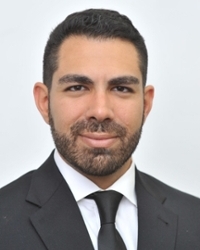About Us
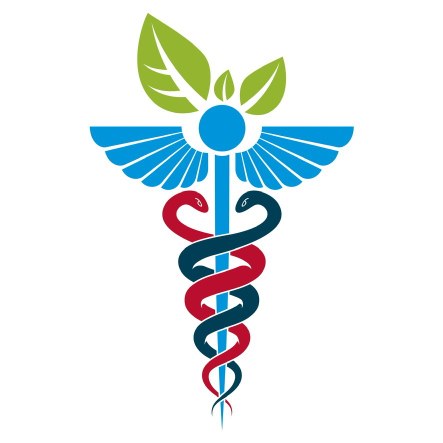
After decades of stigmatization, psychedelic medicines have re-emerged onto the world stage as the most promising new mental health treatments in a half century. Highlighting the importance of spirituality for the therapeutic promise of these agents, studies consistently show that psychedelics enhance emotional wellbeing by inducing a range of experiences that provide people with an enhanced sense of meaning and purpose in their lives.
The ECPS is the world’s first center to fully integrate clinical and research-based expertise in psychiatry and spiritual health to better understand the therapeutic promise of psychedelic medicines. The Center brings the university’s world class strengths in both fields to enhance scientific and clinical understandings of ways in which spirituality may optimize the healing potential of psychedelic assisted therapy. ECPS was founded by Boadie Dunlop, MD, who is now chair of Psychiatry at the Medical College of Georgia (profile below) and by George H. Grant, MDiv, PhD, Executive Director for Spiritual Health, Emory Healthcare, Woodruff Health Sciences Center, Emory University.
The ECPS is the world’s first center to fully integrate clinical and research-based expertise in psychiatry and spiritual health to better understand the therapeutic promise of psychedelic medicines.
The ECPS will leverage an active and wide-ranging program of clinical and translational psychedelic research underway at Emory University to develop and test models of psychedelic assisted therapy that are co-led by mental health and spiritual health clinicians (board certified healthcare chaplains) and that best support the occurrence and therapeutic benefits of psychedelic-induced spiritual experiences. In developing and testing these models of therapeutic delivery, significant attention will be paid to challenges confronting the field of psychedelic medicine as a whole, including issues of equitable and inclusive access to treatment, and cultural appropriation. The Emory Department of Spiritual Health will bring significant expertise to addressing challenges arising from the widely divergent spiritual or non-spiritual backgrounds people bring to their use of psychedelics in a clinical setting.
Building upon world class scientific expertise and infrastructure within the Department of Psychiatry and Behavioral Sciences, important areas of research focus will include better characterizing psychological, biological, spiritual and cultural effects of psychedelic therapy that support long-term wellbeing, as well as the impact of psychedelic induced experiences on objectively measured real world language use and social behavior. As with all powerful treatment modalities, psychedelics will cause harm as well as benefit, with potential adverse effects becoming more apparent with the likely future widespread uptake of these medicines. The ECPS will take a leadership role in establishing processes for addressing adverse/iatrogenic effects, as well as a research program to better identify populations vulnerable to adverse and null effects. Building from this work the Center will articulate and evaluate standards for helping remediate adverse effects resulting from psychedelic exposure.
Building from this work the Center will articulate and evaluate standards for helping remediate adverse effects resulting from psychedelic exposure.
In addition to developing research and clinical programs, the ECPS will provide an extensive program of training and education related to psychedelic medicine. Symposia addressing psychedelics, spirituality and health will be open to the public on a worldwide basis. More intensive, graduate level training programs will be developed to prepare chaplains and other clinicians interested in bringing expertise in spiritual health into dialogue with the full range of psychotherapeutic modalities appropriate for use in psychedelic assisted therapy. Ongoing clinical research within the Center will allow trainees to gain hands-on experience in working with individuals receiving psychedelics in a clinical setting.
The depth and breadth of interdisciplinary expertise in the ECPS will position the Center to provide important input regarding spirituality components of psychedelic therapy to national committees producing guidelines, research principles, and best-practice documents.
Leadership

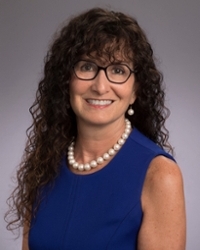
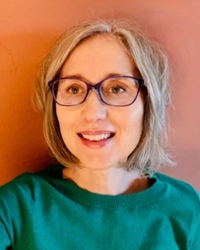
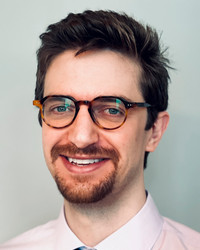
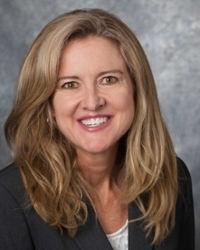
Kimberly Curseen, MD
Director of Supportive and Palliative Care Outpatient Services
View Kimberly's Profile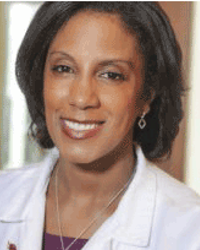
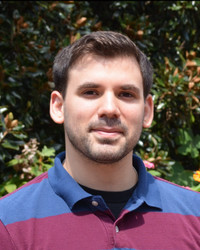
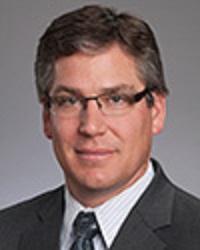
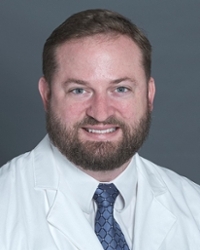
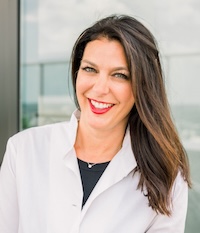
Kimberly Dupree Jones, PhD
Professor & Associate Dean of Academic Advancement
View Kimberly's Profile
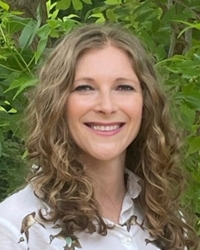
Gary Laderman, PhD
Goodrich C. White Professor of American Religious History and Cultures
View Gary's Profile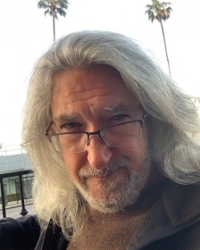
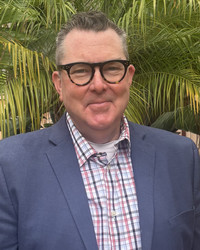

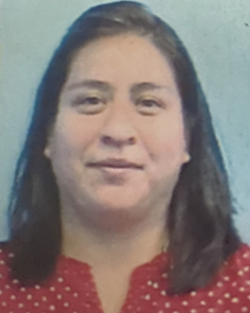
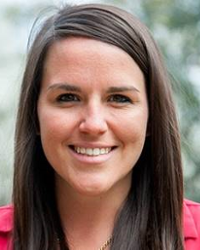
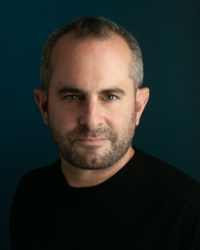
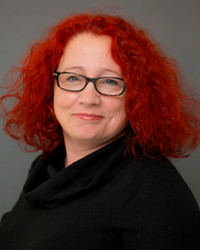
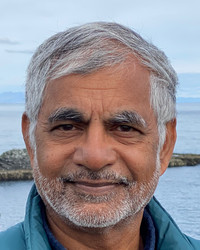
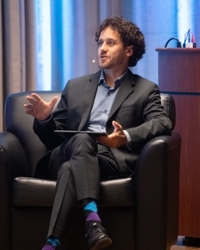
Patricia “Kim” Palmer, M.DIV, M.S.P.H., BCC
Senior Research Consultant, Woodruff Health Sciences Center, Emory University
View Kim's Profile